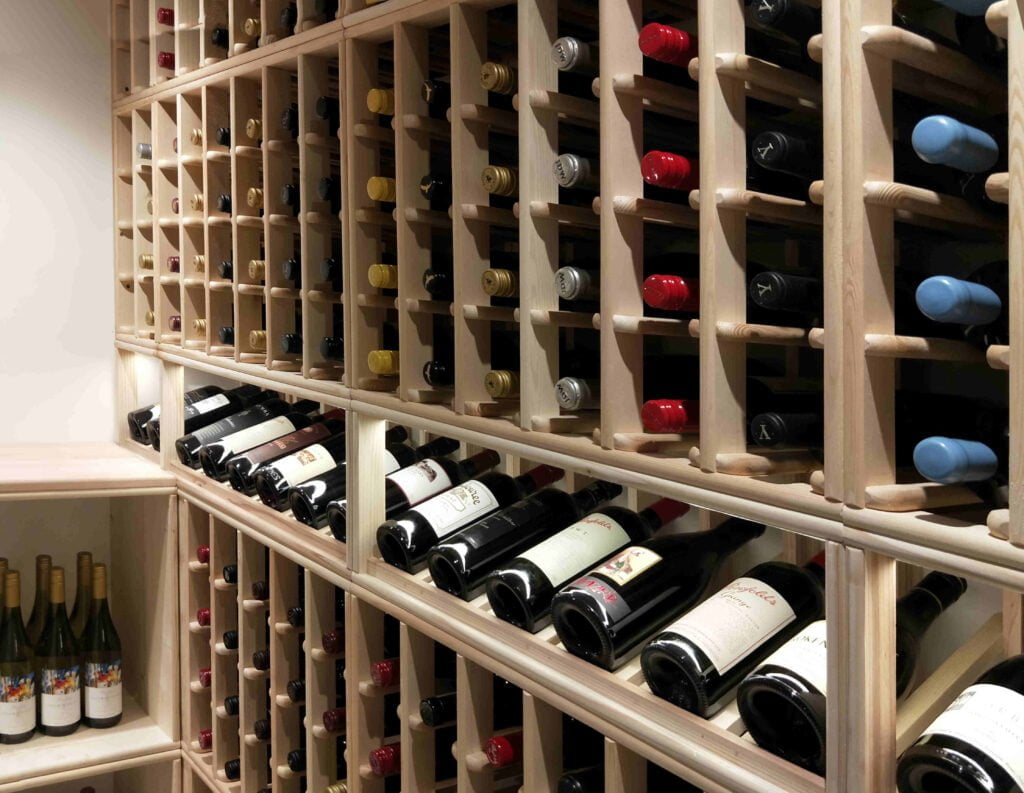Wine is a delicate and complex drink that requires specific storage conditions to maintain its quality and flavour. One of the most critical factors in wine storage is maintaining the best possible cellar conditions. The ideal cellar conditions are a set of environmental factors that are essential for preserving wine in its optimal state. In this article, we will discuss the perfect cellar conditions, their importance, and how to achieve them.
The ideal cellar conditions are made up of four key elements: temperature, humidity, light, and ventilation. These elements work together to create an environment that is suitable for storing wine. Let’s take a closer look at each of these elements.
Temperature: Temperature is one of the most important factors in wine storage. Ideally, wine should be stored at a constant temperature of between 13-15 degrees Celsius. This temperature range is essential because it helps to maintain the aging process of the wine. Higher temperatures can cause the wine to age too quickly, while lower temperatures can cause the wine to age too slowly. It is also important to note that temperature fluctuations should be kept to a minimum. Rapid changes in temperature can cause the wine to expand and contract, which can damage the cork and affect the flavour of the wine.
Humidity: Humidity is another important factor in wine storage. The ideal humidity level for wine storage is between 60% and 70%. High humidity levels can cause mould to grow, while low humidity levels can cause corks to dry out, which can lead to air entering the bottle and spoiling the wine. Humidity levels can be maintained by using a humidifier or dehumidifier in the cellar.
Light: Light can also have a significant impact on wine storage. Ultraviolet (UV) light can cause wine to age too quickly and can also cause the wine to develop a “skunky” flavour. For this reason, it is important to store wine in a dark environment or use lighting that produces minimal UV light such as LED lighting . If natural light is present in the cellar, it should be minimised.
Ventilation: Ventilation is important in wine storage because it helps to prevent musty odours from developing in the cellar. Ventilation will also help to regulate temperature and humidity levels. It is important to note that ventilation should not be too excessive, as this can cause temperature fluctuations and dry out corks.
The perfect cellar conditions are essential for preserving wine in its optimal state. Wine is a living organism that continues to age and develop in the bottle. When wine is stored in the ideal cellar conditions, it will age slowly and gracefully, allowing the flavours and aromas to develop over time. On the other hand, if wine is stored in unsuitable conditions, it can spoil quickly and lose its flavour and aroma.
Achieving the best cellar conditions may seem like a daunting task, but it is not impossible. Here are some tips for achieving the perfect cellar conditions:
Choose a location that is cool, dark, and free from vibrations. A basement or underground cellar is an ideal location for wine storage.
Invest in a wine cellar cooling system. This will help to regulate temperature and humidity levels and prevent temperature fluctuations.
Use a humidifier or dehumidifier to maintain the ideal humidity levels in the cellar.
Minimise any natural light.
Keep the cellar well-ventilated to prevent musty odours from developing.
Store wine bottles horizontally to keep the cork moist and prevent air from entering the bottle.
Keep the cellar organized and tidy to prevent damage to the wine bottles.
In conclusion, the perfect cellar conditions are essential for preserving wine in its optimal state. Temperature, humidity, light, and ventilation are the key elements of wine cellar storage.


